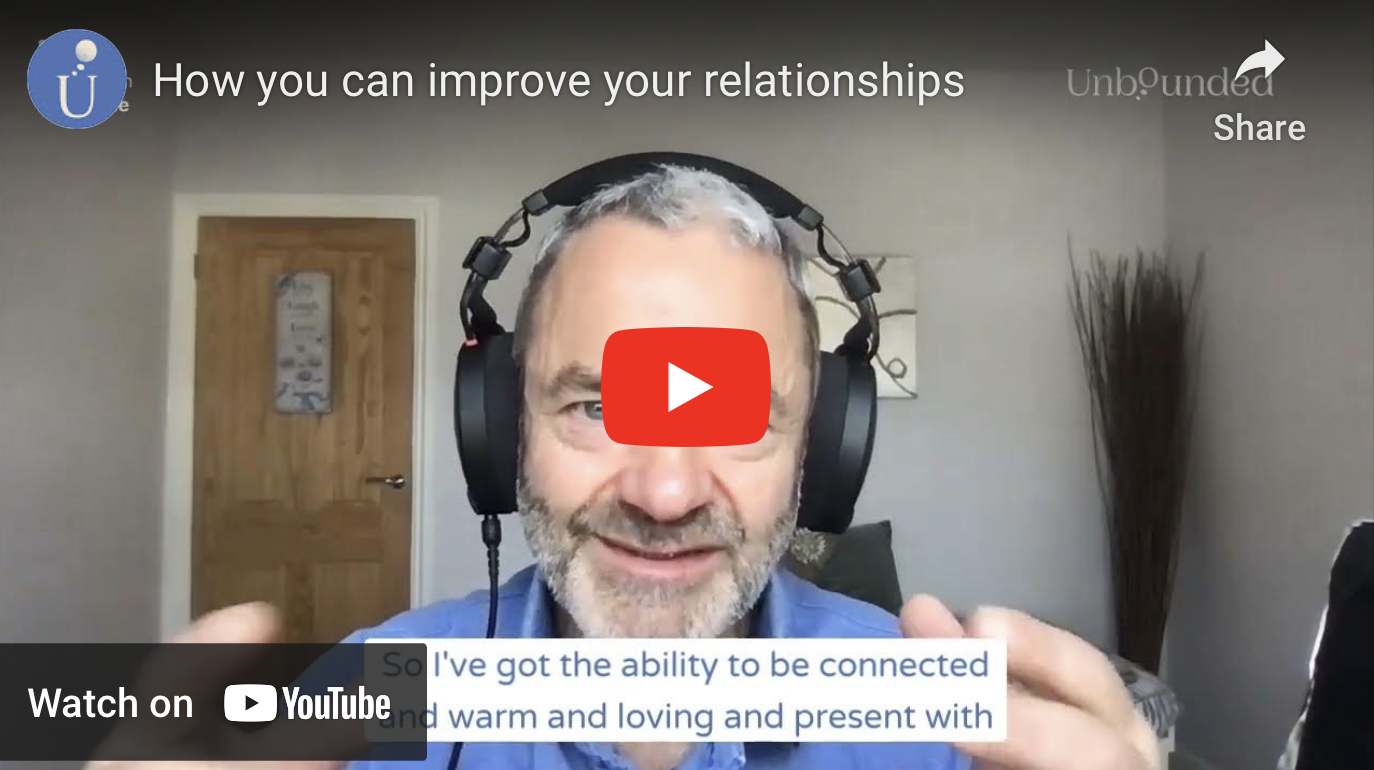‘Simple but hard’ - the profoundness of listening
The profound importance of listening cannot be overstated. It may seem like a simple topic, but the reality is that quality listening is a rare skill in today's fast-paced and distracted world. To truly listen, you must be fully present, free from the distractions of the voice in your head.
The voice in your head is constant, it takes you off on tangents of thought, it often judges the person speaking. This internal chatter hinders your ability to truly listen and understand what is being communicated. Additionally, there is the subconscious filter through which you listen. This filter is influenced by factors such as the authority of the speaker or any preconceived notions or stories you may have about them. As a result, you may unintentionally listen through a biased lens.
Listening serves two key purposes: firstly, to hear and fully understand the speaker, and secondly, that the speaker feels heard.
Whilst I’m not always a fan of techniques. To achieve these purposes, there are several techniques you are really useful to embed in your way of conversing. One effective technique is to play back what you have heard, summarizing and repeating the main points to ensure clarity. This not only helps you internalize the information but also signals to the speaker that you are actively engaged in the conversation.
Checking in on important words used by the speaker is another powerful listening technique. By highlighting and acknowledging these words, you demonstrate your attentiveness and show that you value what they have to say. Additionally, validating the speaker's thoughts and feelings can go a long way in creating a safe and open environment for communication. This can be as simple as expressing empathy and understanding.
Furthermore, asking questions to delve further into understanding the speaker's perspective is a valuable listening skill. Genuine curiosity and a willingness to delve deeper into the topic demonstrate your interest and willingness to learn. By asking thoughtful questions, you not only gain a deeper understanding but also encourage the speaker to share more of their insights and experiences.
Ultimately, the true test of effective listening lies in the outcome of the conversation. Ask yourself: Do you truly understand where the speaker is coming from? This means do you understand what they said. And do you understand something deeper about the speaker. Equally important, does the speaker feel heard and understood? These seemingly simple questions are vital for fostering quality conversations and nurturing meaningful relationships.
In conclusion, while listening may appear to be a basic skill, true quality listening is a rare and invaluable trait. It requires being fully present and overcoming the distractions of your own thoughts. By employing techniques such as playing back, checking in, validating, showing empathy, and asking questions, you can enhance your listening skills and establish deeper connections with others. Remember, the ability to truly hear and understand someone is both simple and vital for building strong relationships and engaging in meaningful conversations.










